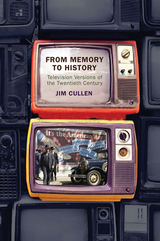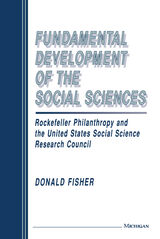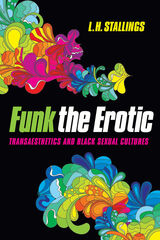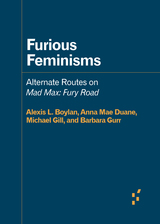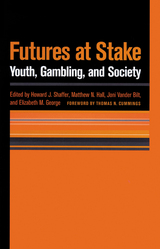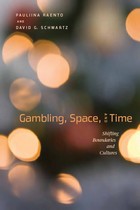After the Death of God: Secularization as a Philosophical Challenge from Kant to Nietzsche
University of Chicago Press
Cloth: 978-0-226-83849-6 | Paper: 978-0-226-83850-2 | eISBN: 978-0-226-83851-9
See other books on: After | God | Kant | Nietzsche | Secularization
See other titles from University of Chicago Press
Cloth: 978-0-226-83849-6 | Paper: 978-0-226-83850-2 | eISBN: 978-0-226-83851-9
ABOUT THIS BOOK | AUTHOR BIOGRAPHY | TOC
ABOUT THIS BOOK
A fresh history of nineteenth-century philosophy’s many ideas about secularization.
The secularization thesis, which held that religious belief would gradually yield to rationality, has been thoroughly debunked. What, then, can we learn from philosophers for whom the death of God seems so imminent? In this book, Espen Hammer offers a sweeping analysis of secularization in nineteenth-century German philosophy, arguing that the persistence of religion (rather than its absence) animated this tradition. Hammer shows that Kant, Hegel, Feuerbach, Marx, and Nietzsche, each in their own way, sought to preserve and transform religion’s ethical and communal aspirations for modern life. A renewed appreciation for this tradition’s generous thought, Hammer argues, can help us chart a path through needlessly destructive conflicts between secularists and fundamentalists today.
The secularization thesis, which held that religious belief would gradually yield to rationality, has been thoroughly debunked. What, then, can we learn from philosophers for whom the death of God seems so imminent? In this book, Espen Hammer offers a sweeping analysis of secularization in nineteenth-century German philosophy, arguing that the persistence of religion (rather than its absence) animated this tradition. Hammer shows that Kant, Hegel, Feuerbach, Marx, and Nietzsche, each in their own way, sought to preserve and transform religion’s ethical and communal aspirations for modern life. A renewed appreciation for this tradition’s generous thought, Hammer argues, can help us chart a path through needlessly destructive conflicts between secularists and fundamentalists today.
See other books on: After | God | Kant | Nietzsche | Secularization
See other titles from University of Chicago Press

